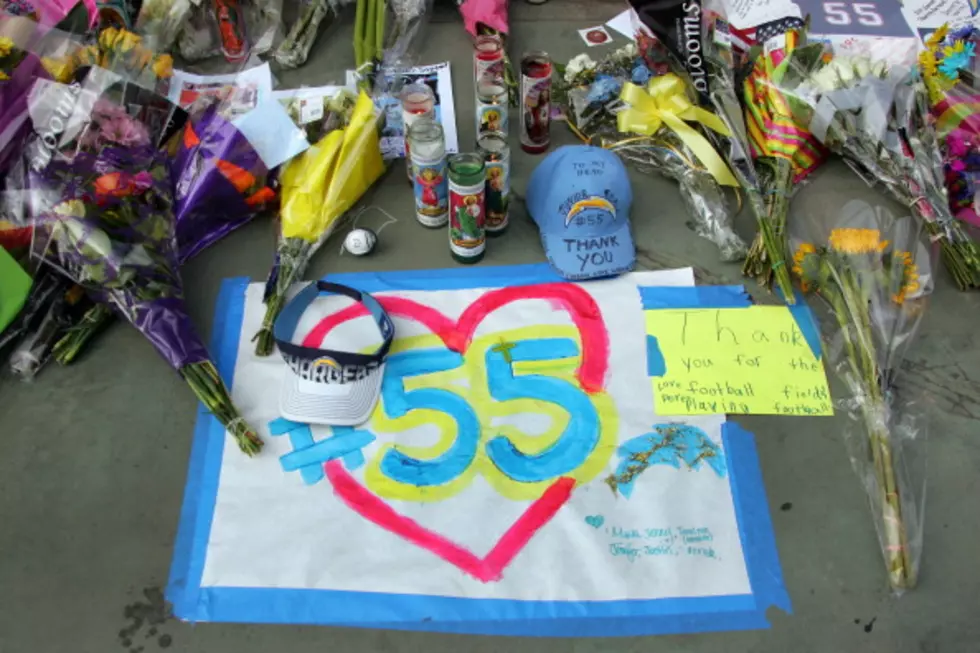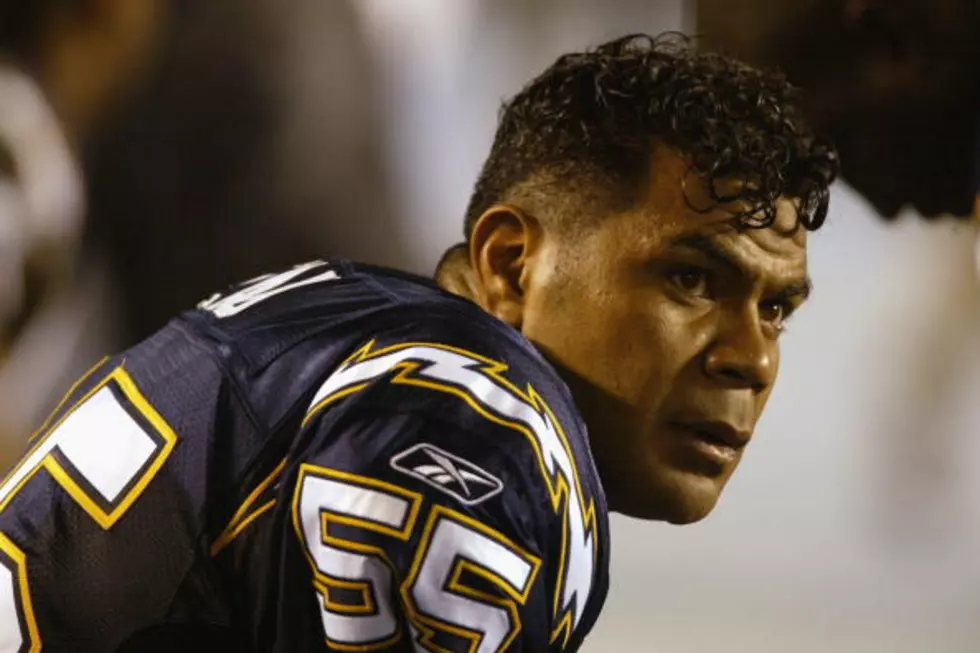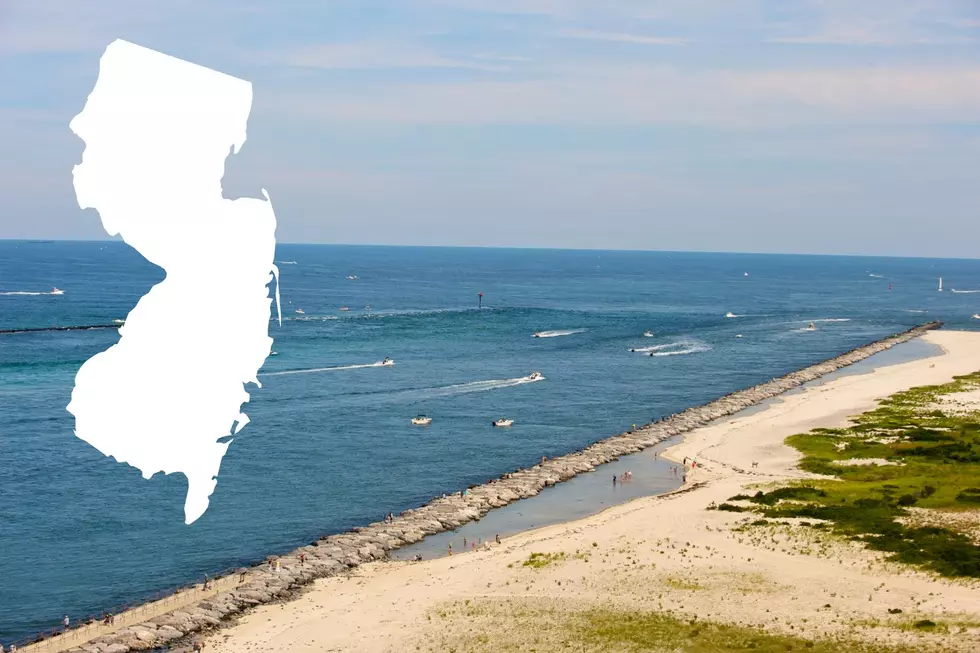
Seau’s Death Opens Violence Debate Floodgates
It was a rub your eyes and wonder if it's true moment when the news came down on Wednesday afternoon that NFL great, Junior Seau, had died at the tender age of 43 from a self-inflicted gunshot wound.
I saw this news upon waking from my daily afternoon nap, and was immediately glued to find out exactly happened. This is a legend, who is as recognizable an NFL player as you will come across.
Nobody ever thought you would see a headline that glued the words Junior Seau and suicide together.
The former 12-time Pro Bowler was as likable a guy as there was in the league, having that innate ability to blend ferociousness on the field with a megawatt smile and charitable deeds off the field. He had what anybody would characterize as the life you dream of.
When you combine that with the fact that nobody close to him can ever remember him being down or upset, it raises a lot of questions as to what caused this immortal player to do the unthinkable.
More answers will likely come out in the days and weeks ahead, but the debate and questions have started up already about whether repeated blows to the head caused trauma that contributed to this tragic incident.
The NFL concussion debate has grown louder and louder over the last few seasons, hitting a fever pitch recently with more former players suing the league, and a bounty scandal sending ripples through the NFL. Ironically, the league handed down unheard of suspensions for players associated with the Saints bounty program just hours before Seau's death.
The last few seasons have seen any borderline hits draw penalties and fines, with restrictions and baseline testing required for anybody diagnosed with a concussion.
Safety advocates say it's not enough, while fans of the violent nature of the game think its gone overboard.
This is not the first former player to kill himself after his career was over. Other players have faced the same tragic ending for reasons ranging from depression to money problems to trauma. Dave Duerson is a recent example of a player, who committed suicide because their brain could not withstand the amount of hits taken over the course of his career.
The Duerson death served as a lightning rod for awareness on this issue, and Seau's tragedy will certainly push the envelope on it.
It is a topic that needs to be discussed because clearly there is something to the effects that player are suffering after their careers are over. The contrarian viewpoint, which is also fair, is that no matter how many precautions are put into place, football is a dangerous sport. It is also a sport where players know what they are signing up for, in terms of violence.
Right now is a time for mourning for an all-time great player and by all accounts, an all-time great person.
You can be sure, though, in the days and weeks ahead that it will re-ignite the discussion of player safety and protection for the multi-billion dollar juggernaut of a league.
The world lost an all-pro in every sense of the word.
More From New Jersey 101.5 FM

![Junior Seau Remembered In Ocean Tribute [VIDEO]](http://townsquare.media/site/385/files/2012/05/143969301.jpg?w=980&q=75)

![Seau’s Death Ruled A Suicide As NFL Hit With Another Lawsuit [VIDEO]](http://townsquare.media/site/385/files/2012/05/143812879.jpg?w=980&q=75)

![Junior Seau, All Pro Linebacker Found Dead in His California Home [VIDEO]](http://townsquare.media/site/385/files/2012/05/1438661.jpg?w=980&q=75)



